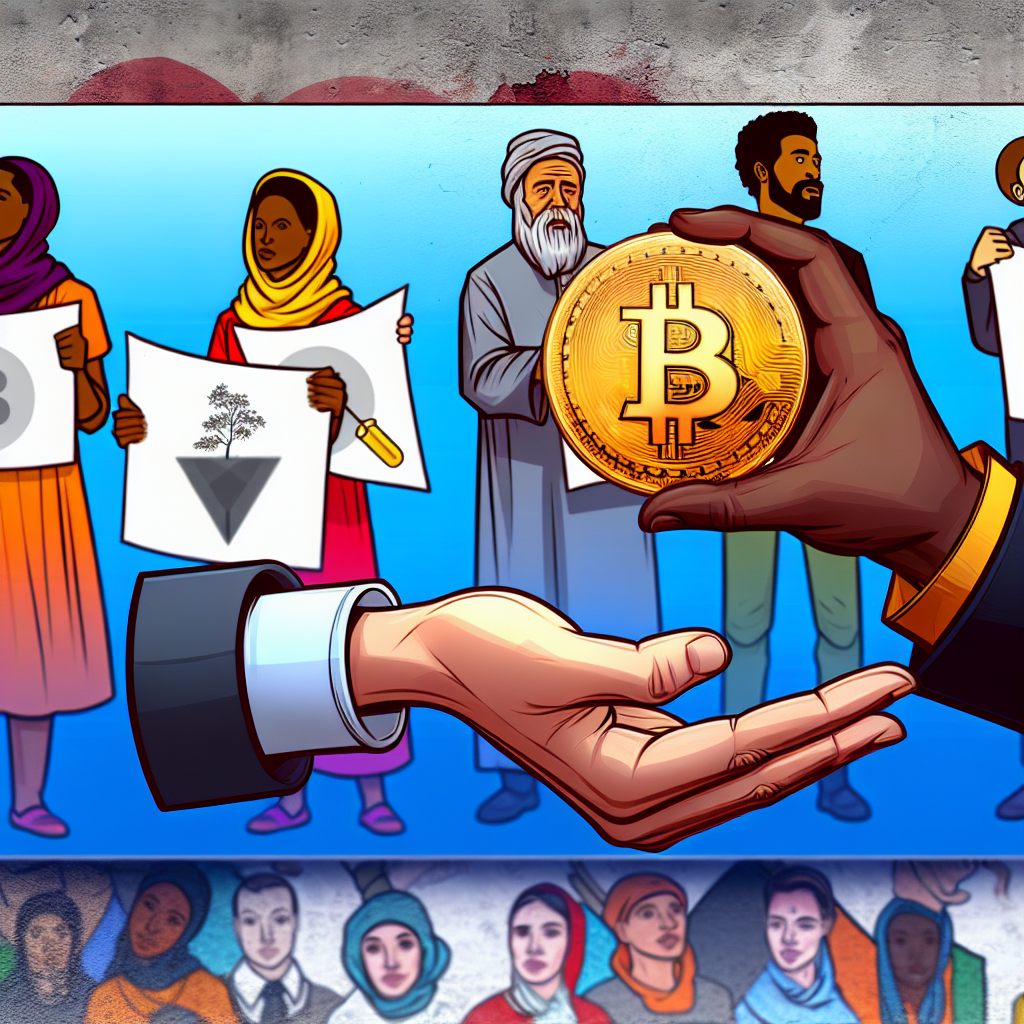María Corina Machado, a prominent human rights advocate and political opposition figure in Venezuela, has been awarded the 2025 Nobel Peace Prize for her efforts in advancing democracy in the nation. She has referred to Bitcoin as a “lifeline” for Venezuelans.
In a 2024 discussion with Alex Gladstein, the chief strategy officer of the Human Rights Foundation, Machado commended Bitcoin (BTC) as a technology that champions freedom. She stated:
“For many Venezuelans, Bitcoin has provided a lifeline during times of hyperinflation, enabling them to safeguard their wealth and fund their escape. Nowadays, Bitcoin circumvents government-imposed exchange rates and assists a significant number of our citizens. It has transformed from a humanitarian solution into an essential form of resistance.
Some critics argue that the Venezuelan opposition is merely a tool for foreign interests. In May, five leaders from Venezuela’s opposition met with U.S. Secretary of State Marco Rubio to discuss potential regime change, as reported by The New York Times.
Political activists, resistance groups, and individuals coping with hyperinflated local currencies and strict currency regulations continue to regard Bitcoin as a crucial support system, enabling them to preserve their wealth and avoid state currency controls.
Related: Jack Dorsey advocates for tax exemption on ‘everyday’ Bitcoin transactions
Peer-to-peer technology as a tool of freedom
Peer-to-peer technology is emerging as an effective resource for political opposition groups combating the governmental monopoly on force.
The trucker convoy participants protesting the Canadian government’s COVID-19 policies in 2022 turned to Bitcoin after their bank accounts and funding were frozen. A federal judge later deemed this action unconstitutional.
Canada’s government also managed to seize about five BTC that had been sent to the convoy via centralized channels, according to CBC News.
However, the vast majority of over 20 BTC sent to the demonstrators was never confiscated by Canadian officials due to its transfer through decentralized, peer-to-peer methods, rendering the funds exempt from seizure.
In September, demonstrators in Nepal turned to Jack Dorsey’s Bitchat app, a peer-to-peer encrypted messaging platform utilizing Bluetooth to create a communication mesh, during a complete government shutdown of social media.
Bitchat transforms each connected phone within the Bluetooth mesh into a relay node for messages, functioning independently of the internet, thus remaining operational even during full internet blackouts.
Magazine: Bitcoin is ‘funny internet money’ during a crisis: Tezos co-founder

